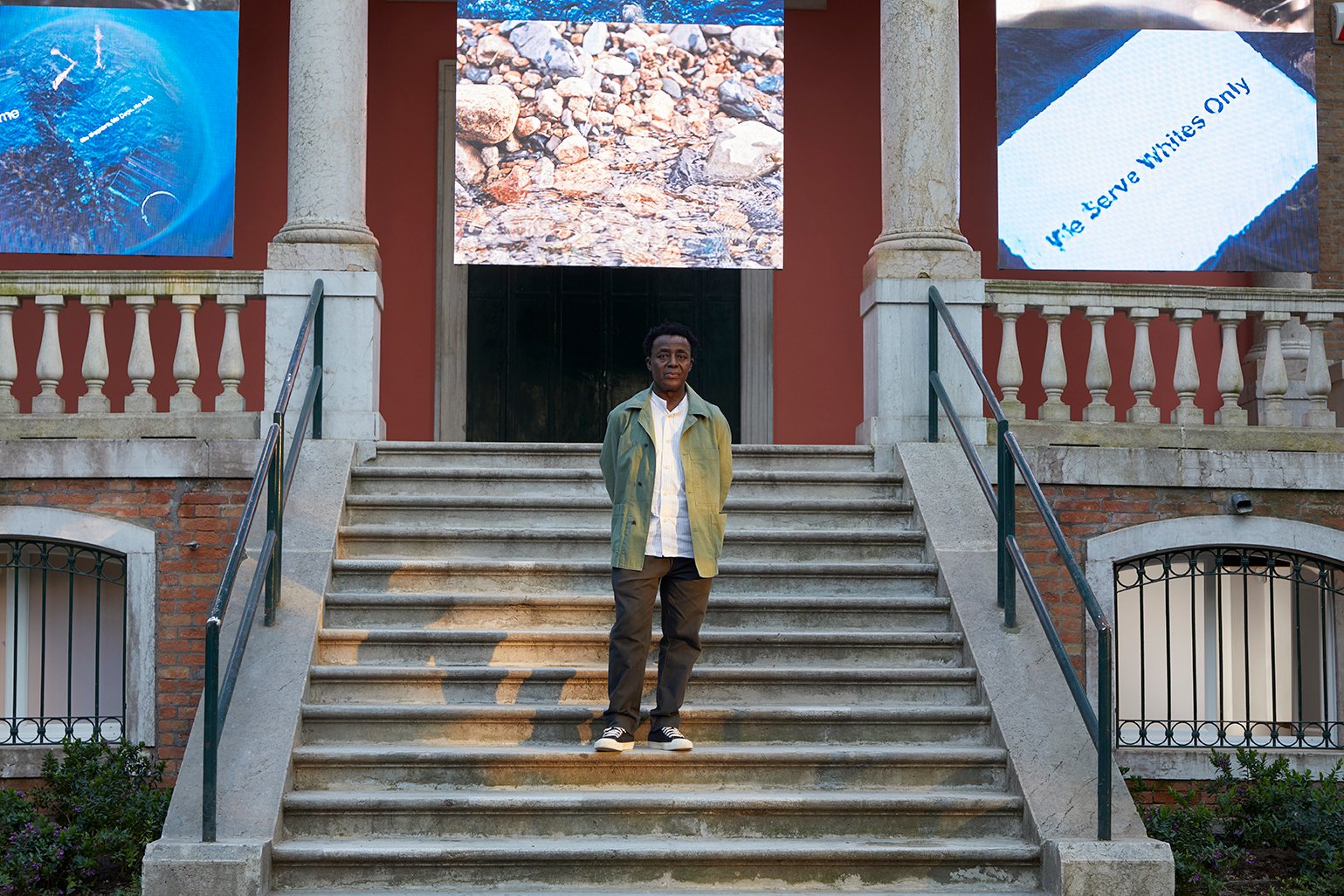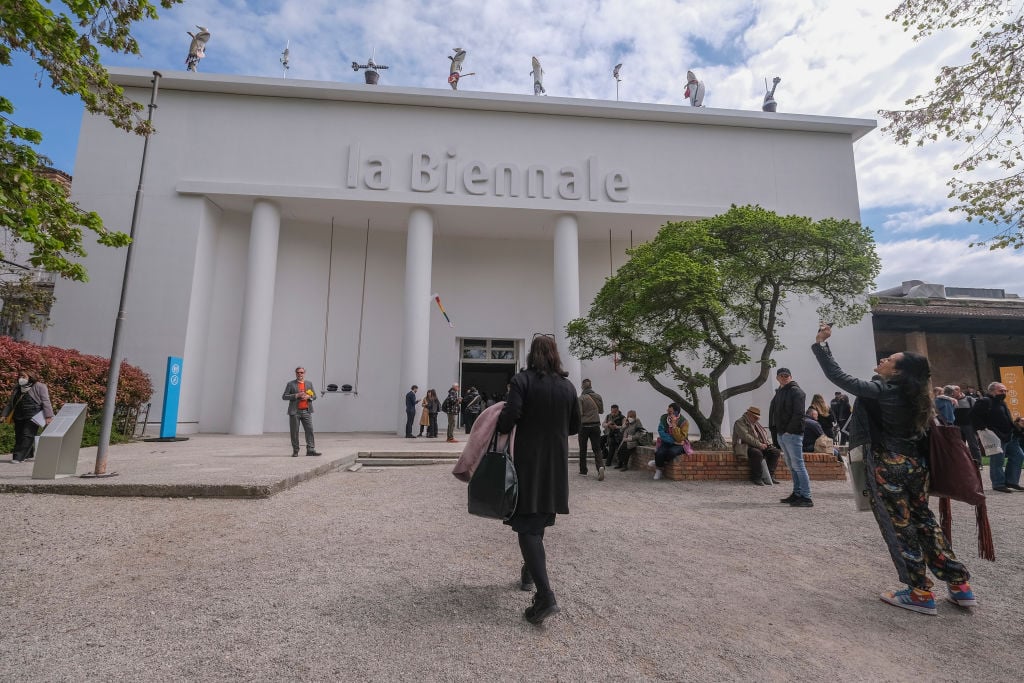The company Gruppo Mondiale has been accused by the French state of exhibiting and selling copies of Rodin bronzes, Le Figaro reports. The group allegedly presented the counterfeit works as originals to its buyers. If found guilty by the Paris criminal court, the company will have to pay a €150,000 fine. The prosecutor has also requested an eight-month suspended jail sentence and a €30,000 fine for an American man by the name of Gary Snell, who, according to Le Figaro, is considered by the prosecution as de facto manager of the company.
Upon his death in 1917, Auguste Rodin bequeathed his entire studio and the right to produce casts from his plasters to the French State. But a few of these plasters, or plâtres d’atelier, never made it to the Musée Rodin, the body in charge of managing the artist’s estate. According to L’Express, the plasters were sold several times until they were acquired by Snell for a reported $6 million.
These plasters were used to create bronze casts, including major pieces such as The Thinker (1902), which were then exhibited and sold to collectors from Venice to Toronto as original artworks. The Musée Rodin lodged an accusation of swindling and forgery against the company in 2001. Since, investigators have found 93 molds and 56 bronze casts in an Italian foundry, Guastini, which was used by Gruppo Mondiale. Other molds and plasters have been retrieved from a French foundry and from an unidentified sculptor’s studio. The sculptor had allegedly been commissioned by Snell to make more molds.
The Integrity of the Produced Pieces
Quoted by AFP, expert Gilles Perrault estimates that 1,700 bronzes have been produced and sold for an average €40,000 apiece. He estimates that the damage could total nearly €60 million. What’s more, if the plaster molds were used more often than intended by the artist, the quality of the casts and therefore the integrity of the produced pieces could also have been affected.
“Although Rodin’s oeuvre is now in the public domain, the law specifies that the freedom of reproduction has to respect the moral rights of the author, that is to say, to respect his name and oeuvre,” the prosecution’s representative, quoted in Le Figaro, told the jury. “This hasn’t been the case.”
In France, casts produced after the artist’s death without the supervision of the Musée Rodin have to be clearly labeled as reproductions. The case is further complicated by the fact that the casts in question were neither produced, nor sold, in France. Due to this fact, the defense has accused the Musée Rodin of using the trial to protect its commercial monopoly. The verdict will be announced on November 20th, 2014.
Follow Artnet News on Facebook:
Want to stay ahead of the art world? Subscribe to our newsletter to get the breaking news, eye-opening interviews, and incisive critical takes that drive the conversation forward.




